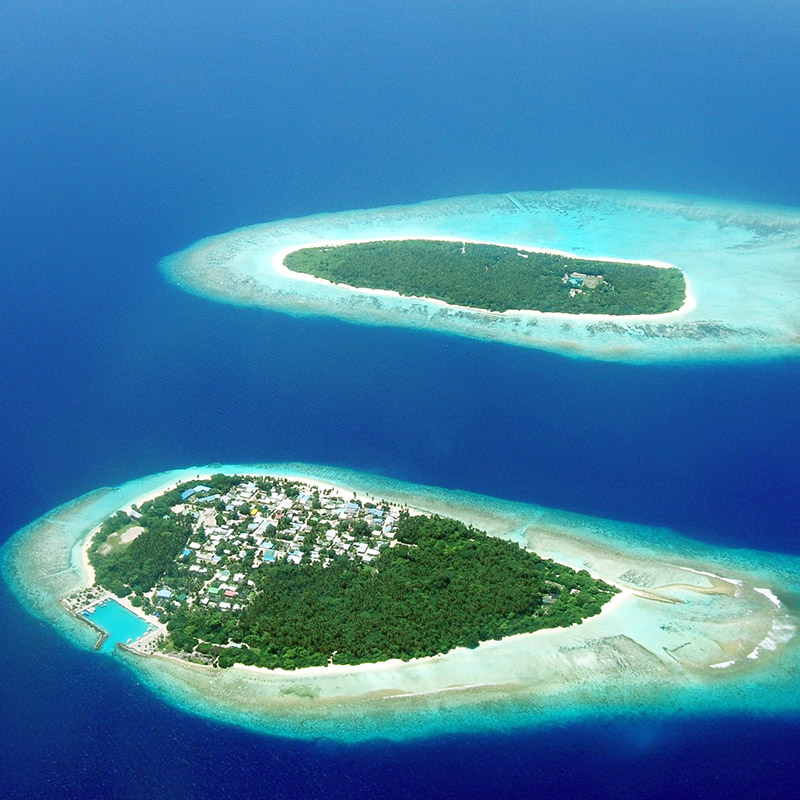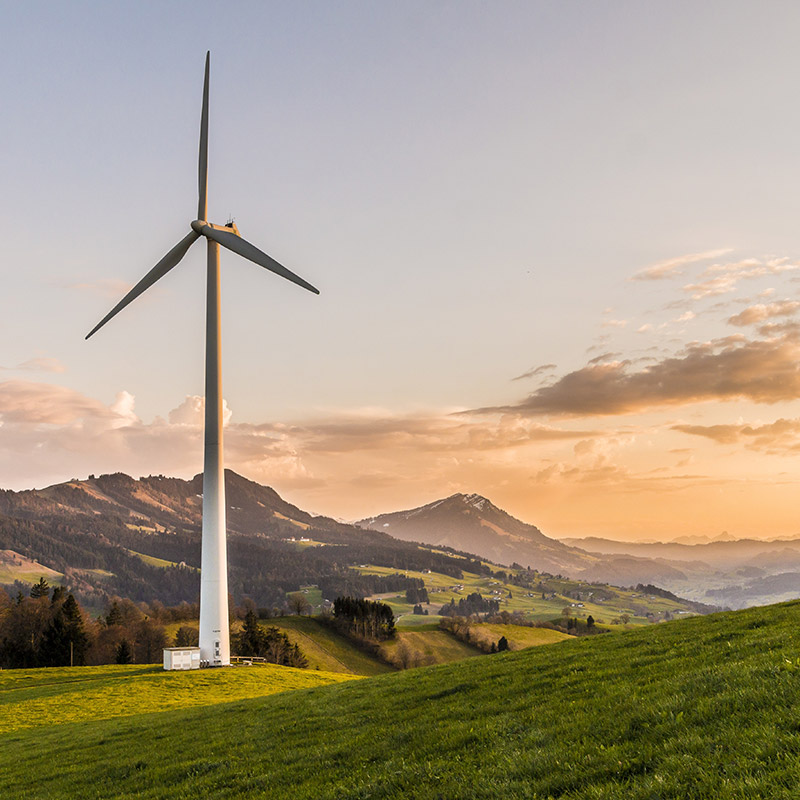RESEARCH TOPICS

01
Natural Gas Systems and Policy
The natural gas system in Indonesia is characterized by the complex logistics of the archipelago state linking gas sources and demand centers. The supply chain includes gas production in remote locations, processing and transportation, and end-users using specific gas infrastructure depending on the size of the gas market and their distances and import and export. Combining logistics complexity with dynamic industrial change would be an interesting research topic. This research group covers the studies of LNG supply chain optimization, natural gas market modeling and optimization, and small-scale LNG systems dedicated to supplying gas to power eastern Indonesia.
View our research:

02
Low-Carbon Energy Systems and Circular Economy
As a result of COP21 held in Paris, Indonesia is committed to reducing greenhouse gas emissions by 29% compared to the business as usual (BAU) scenario projected to approximately 2.881 GtCO2e in 2030. However, Indonesia’s economies are still mainly driven by fossil fuels and carbon-intensive industries, with total GHG emissions of 2,161 MtCO2 (4.47% of the world total). Initiatives and innovative solutions are needed to implement a cleaner technology in combating climate change via developing the hydrogen economy as a renewable fuel produced in various pathways, prioritizing blue and green hydrogen. The method will also look up existing clean technologies which have been or are to be applied in industries that contribute as GHG producers in Indonesia, namely Carbon Capture, Utilization, and Storage (CCUS). The research also included environmental life cycle assessment (LCA) along with life cycle cost analysis and social life cycle analysis (SLCA), resulting in the life cycle sustainability analysis (LCSA). The approach will develop a model that identifies optimal and sustainable solutions, contributing to Indonesia’s development of a circular economy.
View our research:

03
Renewable Energy Systems
Indonesia has abundant renewable energy sources, but their utilization is still limited due to the barriers to development, such as lack of financing, technology, effective policy, and appropriate pricing mechanism. Renewable energy has a vital role in the future energy supply for the country and increasing energy access. However, the archipelago country with more than 17,000 islands has a unique challenge for researchers to develop renewable energy in multi-regions. Some of the renewable energy cannot be traded among the islands. The research topics include optimizing the conversion process of biomass from palm oil empty fruit bunch to co-produce ethanol, furfural, electricity, and bio-hydrogen production from bio-oil and sugary wastewater.
View our research:

04
Multiregional Energy Systems and Sectoral Analysis
Indonesia is the world’s largest archipelagic country, with more than 17,000 thousand islands where all renewable energy sources are spread out. Thus, transporting energy, as in fuels or electricity, from main islands to small islands is one of the biggest challenges Indonesia is currently facing. Consequently, islands need to be self-sufficient in producing energy, mainly used for electricity. The method covers studies on optimizing multiregional electricity systems and optimizing the deployment of renewable energy technologies on islands, considering inter-regional energy interaction. This study will eventually aid policymakers in national energy planning.
View our research:

05
Island Energy Systems
According to MEMR 2017, approximately 2,500 out of 82,000 villages in Indonesia have no electricity access. The geographical situation of Indonesia contributes to difficulties in connecting rural areas to the national grid. There is also the economic challenge, where the insufficient end-consumers leads to uncertainty in investment. This lack of energy access leads to lower economic growth in those areas. Providing access to electricity will improve the quality of life and the social well-being of its population, as energy access is the primary driver to trigger rural development. One of the solutions is to create an off-grid, mini-grid, or micro-grid system, providing distributed power generation at the point of consumption, the community or village. The electricity can be supplied by generators – based on diesel, solar PV, wind, biofuels, hybrid, etc. In addition, when performing a techno-economic study of power plants in remote areas, it is also essential to consider the financial, fiscal, and local community activities.
View our research:

06
Urban Energy Systems
Indonesia’s growing population and rapid urbanization increase energy demand and consumption. This research topic discusses the integrated multi-fueled energy systems that incorporate energy efficiency, renewable energy, and demand-side management. It also discusses the enormous municipal solid waste (MSW) management challenges. Indonesia is required to improve the efficiency of power generation and utilization and implement MSW management for energy recovery in urban areas. Research has been aimed to investigate and improve urban energy consumption, mainly in residential, commercial, transportation, and industrial sectors. One of the solutions is to create a Smart Energy City (SEC) system, to obtain power generated from waste-to-energy power plants. Another is to improve the urban cooling system that depends on electricity by creating an integrated energy system through Combined Cooling Heat and Power (CCHP).
View our research:

07
Energy Security and Sustainability
The rapid economic and population growth in Indonesia will increase energy, water, and food demand. The country will face the challenge of overcoming the limited resources to meet this growing demand. Water-food-energy nexus has become an exciting research topic for meeting this challenge. This research topic aims to identify the interrelationships of these three inseparable resources. The approach provides integrated solutions and equitable economic, social and environmental objectives by accounting for the water, energy, and food resources. For example, the study of sustainable biofuel from palm oil would be undertaken in such a holistic approach by also considering food, water, and energy balance. The integrated method would be an essential tool to support policymakers in reaching sustainable development goals.
View our research:
Contact Us
Let’s connect and explore how we can work together.